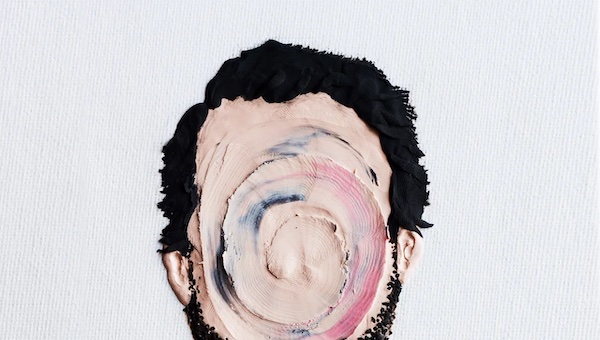
THE BRUCE WILLIS DEEPFAKE IS EVERYONE’S PROBLEM
BY: DAMINI SHARMASITE: NEWS NCR
TRENDING
Activism
AI
Belief
Big Pharma
Conspiracy
Cult
Culture
Economy
Education
Entertainment
Environment
Faith
Global
Government
Health
Hi Tech
Leadership
Politics
Prophecy
Science
Security
Social Climate
Universe
War
For some specialists, this transferability might result in folks shedding management of their “personality” as corporations take full possession of their id somewhat than only a licensed use for a selected function. In reality, the unique requires these sorts of transferability had been made within the Nineteen Fifties by studio legal professionals who wished to regulate the flicks that actors appeared in and the merchandise they endorsed. “One might (potentially) garner more money for such a total transfer, but the cost seems inconceivably great to the person and society,” Rothman says.
Student athletes, for example, threat brokers, managers, firms, and even the NCAA hoovering up their identities within the hope of extracting any future revenue in the event that they discover big-league success. Actors, athletes, and common residents, Rothman argues, are at risk of shedding management of their “own names, likenesses, and voices to creditors, ex-spouses, record producers, managers, and even Facebook.”
Many actors received’t be affected, just because their identities received’t be priceless. But it’s also true that celebrities like Kim Kardashian and Tom Cruise have bargaining energy that others don’t: They can bullishly negotiate that using their picture not lengthen past any specific present or movie. Smaller actors, in the meantime, face the potential for contracts that extract rights wholesale. “There is a real risk that new actors (i.e., just starting out and desperate for breakthrough work) would be especially vulnerable to signing away their publicity rights as a condition of their first contracts,” says Johanna Gibson, a professor of mental property legislation at Queen Mary, University of London. “This power imbalance could be exploited by studios keen both to commercialize image and character and indeed to avoid libel (depending upon the nature of that commercialization), as the performer would no longer have rights to control how their image is used.”
This might go away actors ready of both lacking out on work, or signing a contract that will later enable them to be deepfaked into content material they discover demeaning with out authorized recourse. In the movie franchise mannequin, Gibson argues, the danger is even higher.
SAG-AFTRA disagrees, explaining that affordable minds will all the time differ, even when working towards the identical acknowledged objective. “While some prominent commentators have expressed fear that a transferable right of publicity could lead to involuntary transfers or forced commercialization, there is little basis to believe this fear would come to fruition,” says Van Lier. ”There aren’t any cases, to our data, of the best being involuntarily transferred throughout anybody’s lifetime or anybody being pressured to use it. The most notable try concerned OJ Simpson and the courtroom expressly refused to switch it to his sufferer’s household.”
Eventually, AIs educated on Bruce Willis’ likeness will not want Bruce Willis in any respect. “If a company can train its AI algorithms to replicate the specific mannerisms, timing, tonality, etc. of a particular actor, it makes the AI-generated content more and more life-like,” says Van Lier. “This can have long-term implications.” In different phrases, actors—and everybody else—should discover ways to shield their digital rights, or they might discover themselves performing a task they didn’t count on.
Source: www.wired.com
Click 3 Dots Below to View Complete Sidebar



